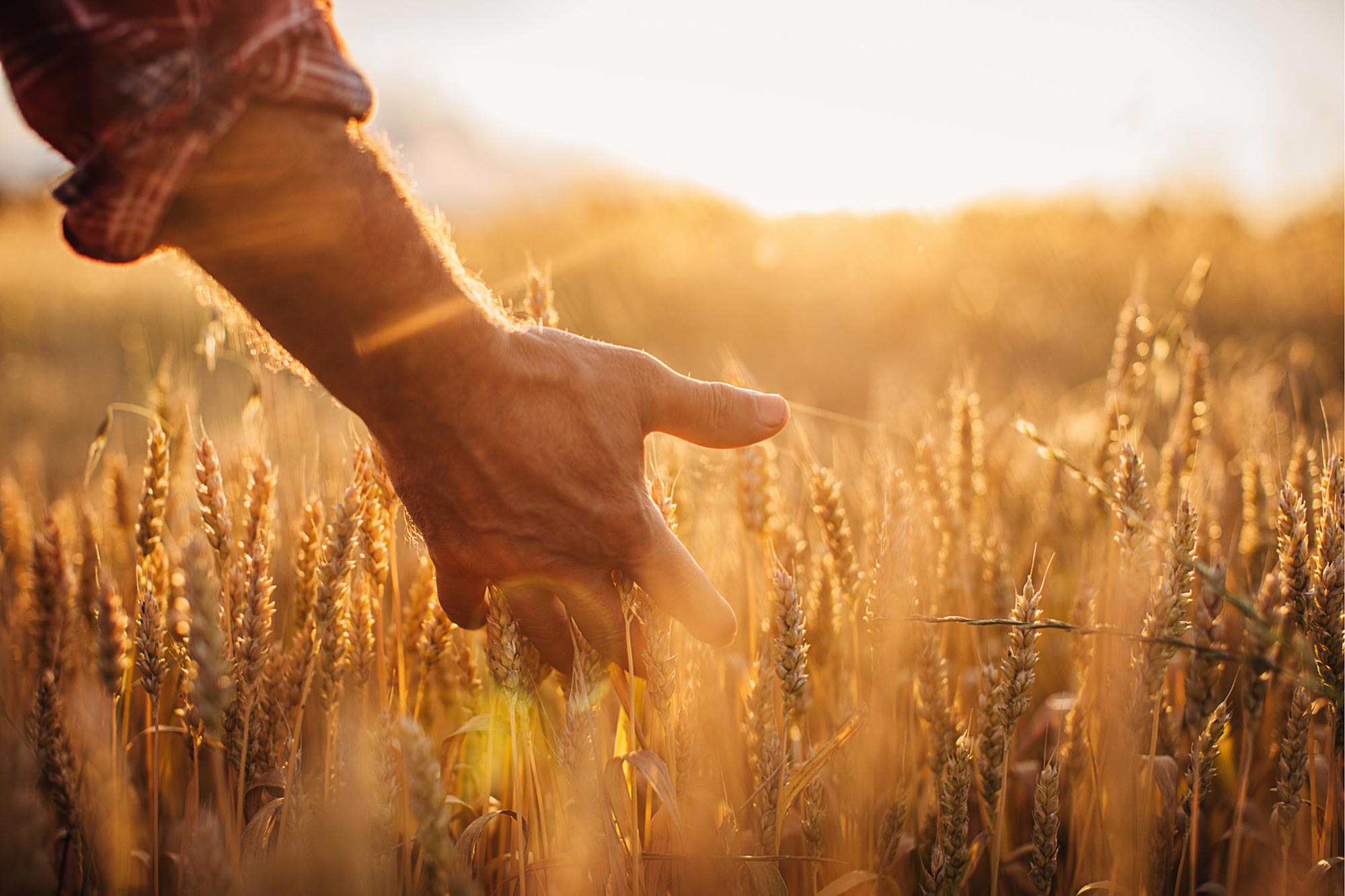Elevated CO2 levels cause mineral deficiency in plants resulting in less nutritious crops.
For years, one of the only possible bright sides of increasing levels of atmospheric carbon dioxide (CO2) seen by scientists is enhanced photosynthesis. After all, plants use carbon dioxide for photosynthesis, so it was expected that higher levels of the greenhouse gas will lead to more productive plants. However, this effect may be less than expected because elevated levels of CO2 make it difficult for plants to obtain the minerals necessary to grow and provide nutritious food. This is explained by scientists from the Institute for Plant Science of Montpellier in France in a review published on November 3 in the journal Trends in Plant Science.
“Two main nutrients that are essential for human nutrition may be affected by this phenomenon. The first one is proteins built from nitrogen. The second one is iron.” — Alain Gojon
“There are many reports in the literature showing that the CO2 levels expected at the end of the twenty-first century will lead to a lower concentration of nitrogen in most plants, mainly affecting the protein content in plant products,” says first author Alain Gojon. “It is very important to understand why growing plants at elevated CO2 has such a negative effect on the protein content of most staple crops and the future of food.” Gojon is the research director of France’s National Research Institute for Agriculture, Food and the Environment.
Plants use photosynthesis to incorporate CO2 into sugars that they derive their energy from. However, photosynthesis does not provide plants with the key minerals they need to grow. For most plants, these minerals, such as nitrogen, phosphorus, and iron, are picked up from the soil through their root systems. Nitrogen is particularly important as it is a key building block for the amino acids that plants use to make proteins.
Not only does a nitrogen deficiency mean that a plant will have difficulty building its tissues, but also that it will provide less nutrition to humans. “What is clear is that the nutrient composition of the main crops used worldwide, such as rice and wheat, is negatively impacted by the elevation of CO2. This will have a strong impact on food quality and global food security,” says corresponding author Antoine Martin, researcher of the French National Centre for Scientific Research.
“Two main nutrients that are essential for human nutrition may be affected by this phenomenon,” adds Gojon. “The first one is proteins built from nitrogen. In developing countries this can be a big issue, because many diets in these countries aren’t rich in proteins and plants grown at elevated CO2 can have twenty to thirty percent less protein. The second one is iron. Iron deficiency already affects an estimated 2 billion people worldwide.”
Beyond global food systems, the lowered mineral status of plants due to increased atmospheric CO2 levels may lead to a negative feedback loop for mitigating climate change. “The terrestrial carbon sink associated with enhanced photosynthesis may be limited if most of the vegetation is deficient in nitrogen and other minerals, which may prevent any additional increase of CO2 capture from the atmosphere,” says Gojon.
“We would like to really understand the mechanisms that are responsible for the negative effects of elevated CO2 on the mineral composition of plants,” says Martin. “For example, we are currently exploring the natural genetic variation behind these negative effects, that could be used afterward to improve crops nutritional value under future CO2 atmosphere.”
- Karlston
-

 1
1




Recommended Comments
There are no comments to display.
Join the conversation
You can post now and register later. If you have an account, sign in now to post with your account.
Note: Your post will require moderator approval before it will be visible.